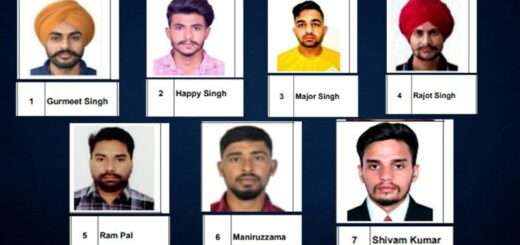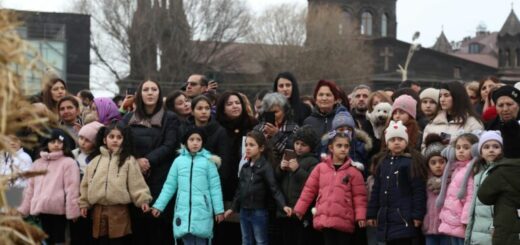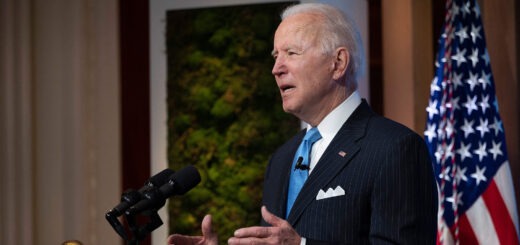Los Angeles Times
“Tabassum, who minored in resistance to genocide, suggested her opponents were mistaken about her views and her studies.
The program, an official minor at USC, requires students to enroll in five courses from a list that includes several on the Holocaust as well as on the Armenian genocide and other genocides, such as targeted killings of Tutsis in Rwanda in 1994.”
When Asna Tabassum learned that USC had disinvited her from speaking at next month’s graduation, she hadn’t yet planned what she would say in her remarks, beyond that she would convey a message of hope.
University leaders who announced the decision Monday, after pro-Israel groups criticized a link on Tabassum’s Instagram page as evidence of her being antisemitic, didn’t know the theme of her speech because she hadn’t shared it with them, the class valedictorian said an interview with The Times on Tuesday.
Tabassum, a biomedical engineering major, said that in addition to hope, she was thinking of touching on “how we must continue to use our education as a privilege to inform ourselves and ultimately make a change in the world.”
In keeping Tabassum from giving a three- to five-minute speech in front of 65,000 people during the May 10ceremony, USC Provost Andrew T. Guzman cited the need to “maintain campus safety and security.” The university alluded to unnamed threats but has not publicly detailed them.
The move was unprecedented for a ceremony where students regularly make political and cultural statements through written message on their graduation caps and sashes, as well as through the traditional valedictory speech.
The backlash against Tabassum, who was chosen as valedictorian by a university committee from nearly 100 applicants with GPAs of 3.98 or above, was unusual, even at a time of intense campus strife between pro-Palestinian and pro-Israel activists, because it didn’t involve anything she said or did. The opposition appeared to stem mostly from a link on her Instagram profile to a website she did not create.
Tabassum, who minored in resistance to genocide, suggested her opponents were mistaken about her views and her studies.
The program, an official minor at USC, requires students to enroll in five courses from a list that includes several on the Holocaust as well as on the Armenian genocide and other genocides, such as targeted killings of Tutsis in Rwanda in 1994.
Tabassum said she “studied the Holocaust extensively in multiple classes” but “did not take a class exclusively on the Holocaust.”









